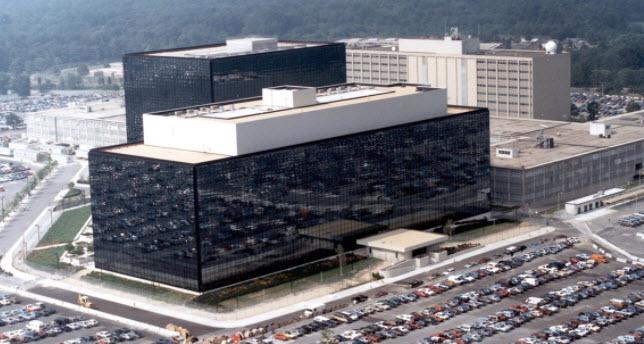NSA Allowed To ‘Unmask’ US Citizens Without Surveillance Warrant: US Court
A US court of appeals ruled on Wednesday that the US government may collect information about a US citizen without first obtaining a surveillance warrant, as long as it was done so inadvertently while legally monitoring a non-national abroad, according to Reuters.
The appeal in question was brought by Agron Hasbajrami, a US resident arrested in 2011 who later pleaded guilty to attempting to providing material support to a terrorist organization. He was arrested at JFK International Airport in New York as he was attempting to board a flight to Turkey, after communicating with a non-American overseas believed to be associated with a terrorist organization.
Hasbajrami asked the 2nd US Circuit Court of Appeals in New York to toss out the charges after claiming the National Security Agency (NSA) had illegally surveilled him without a warrant, a practice known as ‘unmasking.’
The “incidental collection” of Americans’ communications by NSA electronic dragnet that explicitly targets people abroad and without U.S. ties was permissible under the U.S. Constitution, the court ruled. It also said, however, that examining the content of databases of stored NSA information could violate the Constitution’s Fourth Amendment protections against unreasonable searches and seizures.
The court said the “vast majority” of evidence prosecutors had used against Hasbajrami was “lawfully collected,” but prosecutors did not provide information to the trial court about whether investigators had “queried” NSA databases. –Reuters
Brought to light by whistleblower Edward Snowden, the NSA’s surveillance program known as PRISM gathers data from tech and telecom companies governed by section 702 of the Foreign Intelligence Surveillance Act (FISA), which does not require individual warrants.
“We are gratified by the Court’s remand to resolve a critical factual and constitutional question in this case, as well as its recognition of the important constitutional issues that FISA section 702 raises for everyone. We look forward to the next stage of the litigation,” Hasbajrami’s lawyer Joshua Dratel said in a statement.
Following his guilty plea, he asked the appeals court to consider whether the evidence gathered against him was lawfully collected and admissible under the Fourth Amendment – a question the ACLU felt compelled to weigh in on.
“While we disagree with the court’s ruling that the NSA can collect Americans’ international communications without a warrant … the court rightly finds that the Fourth Amendment applies when the government searches for that sensitive information in intelligence databases,” wrote ACLU lawyer Patrick Toomey, who filed a brief in the case.
Tyler Durden
Thu, 12/19/2019 – 12:30
via ZeroHedge News https://ift.tt/2tzY3D0 Tyler Durden
